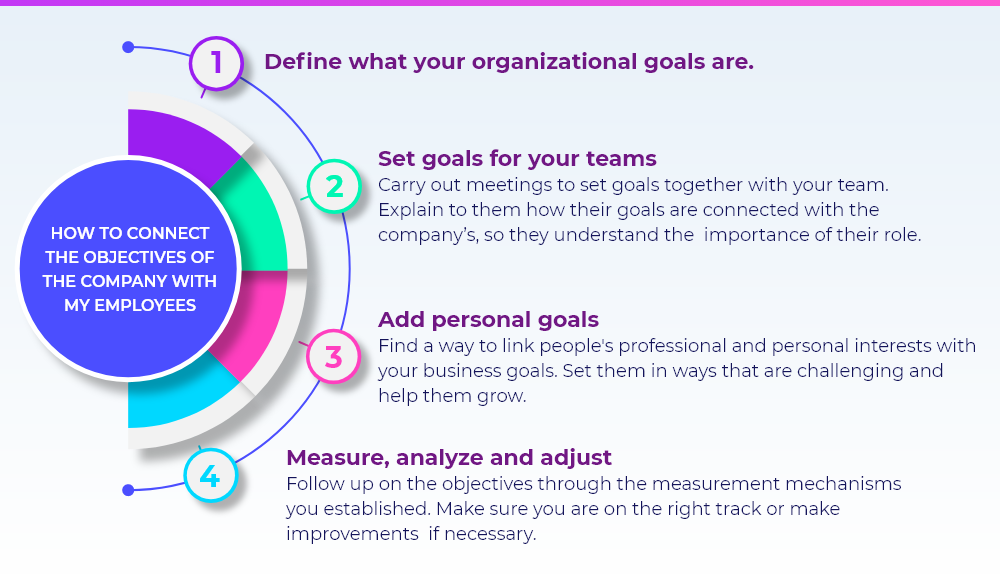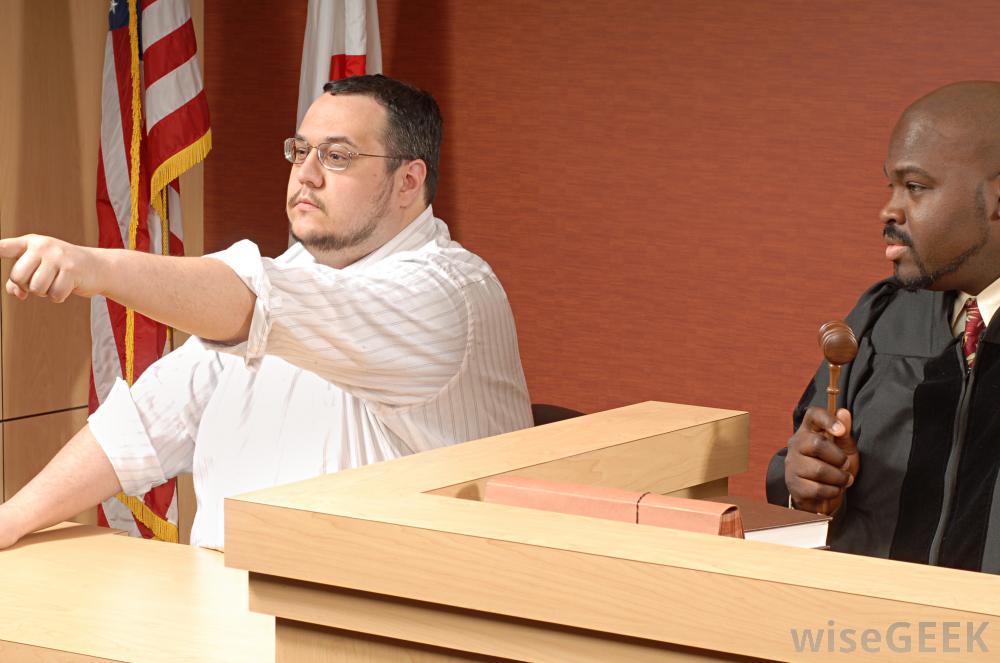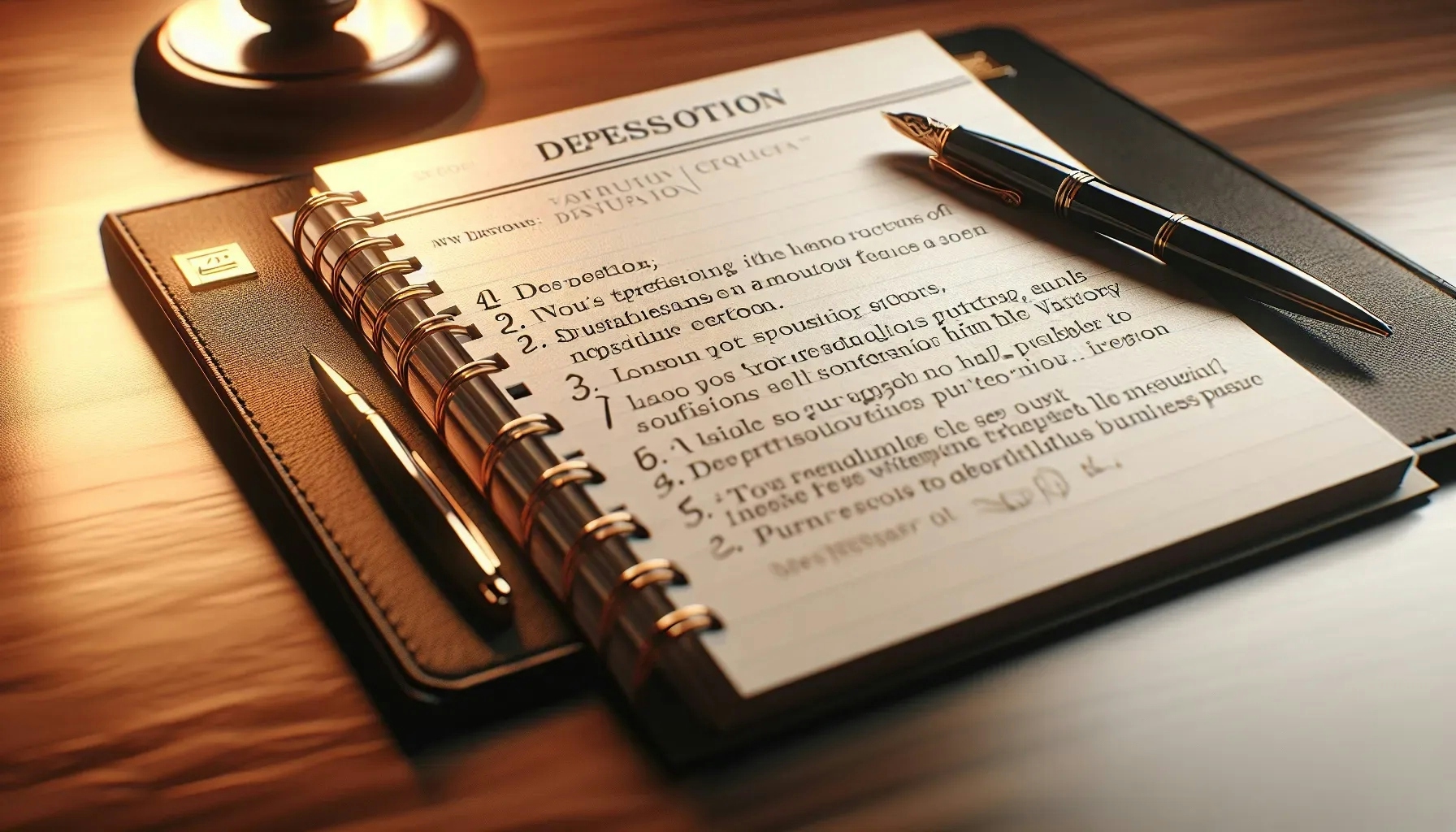Experienced preliminary legal counselors will let you know that, while it might have taken them a couple of preliminaries to turn out to be excellent at questioning, it took their whole professions to become perfect at it.
Albeit Hollywood would have us accept that an interrogation is a sensational fight between a legal counselor and an observer, truly a questioning is actually a chance to construct your client's case with the "help" of a restricting observer.
However, the flightiness of that contradicting observer can sink a question. Fortunately, there are things legal counselors can do previously and during a questioning session to build the possibility that it will be successful.
1: Establish Your Goals for Each Witness
You should only question one observer out of every odd number. While interviewing an observer will not add anything to your client's case (or maybe you could try to damage it), you ought to most likely keep away from it.
Yet, when questioning could help your client's case, it's important to lay out your objectives before you start. What should I know about preparing for cross-examination tips for witnesses?

Knowing where you need to go with an observer will direct the questioning route you take. You will then clear this street with vital, driving inquiries in light of your exhaustive audit of the observer's earlier declaration in affidavits and preliminary and significant acceptable proof.
2: Structure Your Questions to Box Witnesses In
A principle of interrogation is that you ought to just pose inquiries you know the solutions to. At the point when you do, you have some control over an observer and can power them to vouch for realities beneficial to your client's case. In any case, how you pose your inquiries is the key to finding the solutions you are searching for.
Each inquiry you pose during your interrogation ought to be a main question; for example, it was coming down that night, right? Driving inquiries push observers to where you maintain that they should head while additionally restricting their capacity to make sense of their responses.
Each inquiry you pose ought to zero in on one reality. At the point when it does, it will essentially be concise. Concise inquiries are hard for observers to avoid while likewise remaining valid, according to members of the jury. Want to know the best tips for cross-examination for witnesses?
At last, you ought to be questioning observers about realities, not feelings. Suppositions are malleable and vary from one individual to another. Realities are not and don't.
For instance, you shouldn't inquire as to whether they suspected a thing was "weighty." All things considered, you ought to pose inquiries that show the observer realized it was weighty, for example, "For wellbeing reasons, you expected your collaborators to move the machine with a forklift, right?
3: Strategically Use Constructive & Deconstructive Cross-Examination
There are two sorts of interrogation. You would utilize helpful interrogation to fabricate your client's hypothesis of the situation and deconstructive questioning to harm an observer's belief. Each requires an alternate methodology.
Constructive Cross-Examination
At the point when you are productively interrogating an observer, you are endeavoring to draw out supportive declarations from an unfriendly observer. The interrogation ought to feel like a discussion and not an assault.

At the point when you lay out a supportive truth through productive questioning, the jury is probably going to give it a huge load in its consultations since it came from an unfavorable observer rather than one of your own observers. At the point when you can affirm a reality supportive of your client's case through useful interrogation, you ought to.
Deconstructive Cross-Examination
At the point of deconstructivity, when interviewing an observer, you are endeavoring to control an unfriendly observer and harm their belief. This is the sort of questioning members of the jury are accustomed to finding in films and on TV.
That implies they'll anticipate that you should major areas of strength for begin wrapping up with a bang by continually testing the observer and confining them (involving the above structure for questions).
Assuming you neglect to do so, you might lose validity. Deconstructive interrogations are best when they raise doubt about realities fundamental to your rival's hypothesis of the situation.
4. Know Witnesses’ Prior Testimony Inside & Out
Regardless of your objective for each observer or how you anticipate achieving it, to inspire the declaration you look for, you should know each observer's earlier declaration and applicable permissible proof with respect to the observer, like the rear of your hand.
Obviously, in choosing to question an observer, you will have previously surveyed that witness's statement declaration, preliminary declaration, and important permissible proof to track down each potential open door to reinforce your client's case or harm the observer's believability.

In any case, you will require more than superficial information on that declaration or proof. You can utilize apparatuses like openly available reports to help.
If, during their interrogation, an observer responds to an inquiry that struggles with what you anticipated and their response should be founded on their earlier declaration or proof, you should reassert control and hold the observer to their earlier declaration or proof.
The best way to do that is to be aware (and outfit yourself at preliminary with) every one of the times when that witness has recently vouched for, or where acceptable proof backings, the declaration you are currently endeavoring to inspire from that observer. If not, you will not be able to nail the observer down.
5: Keep Your Cool with Uncooperative Witnesses
Regardless of how decisively you get ready for and execute a question, odds are good that eventually the observer won't give you a basic "yes" or "no" reply and will start to challenge you. At the point when they do so, it is significant that you stay calm and composed. If not, you will probably lose validity.
As an observer turns out to be less helpful, keep composed and proficient. Keep in touch. Obligingly intrude on their equivocal responses and help them remember your inquiry and that they ought to reply with "yes" or "no."

Utilization of inconspicuous non-verbal communication pieces of information like holding your hand up to the observer to stop them or shaking your head from one side to another to say "no." On the off chance that the observer is not yet participating, respectfully request that the appointed authority teach the observer to respond to the inquiry.
Rise to the occasion
A lot is on the line with interrogations. The declaration you evoke from an observer can represent the moment of truth in your client's case. Yet, with the right readiness, technique, and execution, you can direct viable interrogations that decisively advance your clients' cases.
A critical part of readiness and building a triumphant technique is utilizing devices that put you in a good position. It's essential to have the option to explore your observer under the steady gaze of entering the court, and not all devices prepare you to similarly win.
Openly available reports, presented through LexisNexis, utilize SmartLinx innovation to pull data from nearly 86 billion accessible cross-country records and gather it into an edible report. On the off chance that you might want to become familiar with openly available reports, reach out to us or snap underneath to visit the item page.

